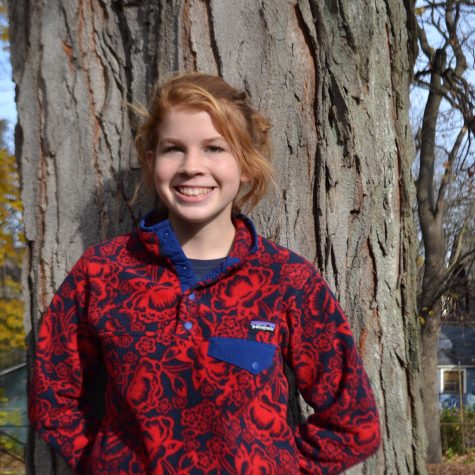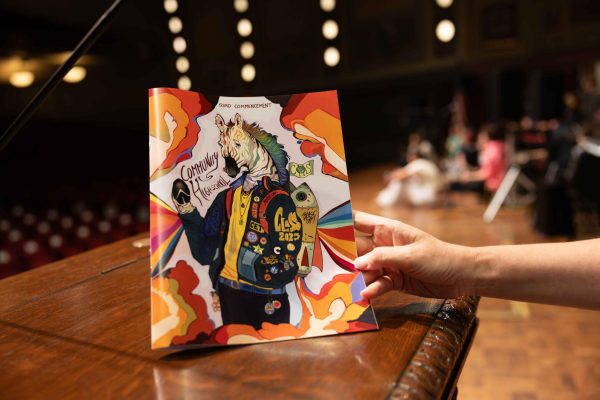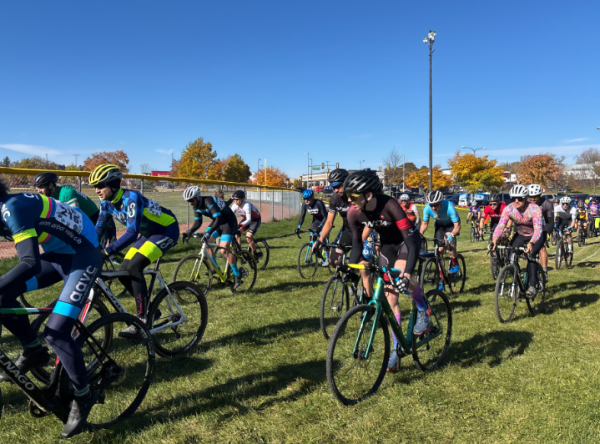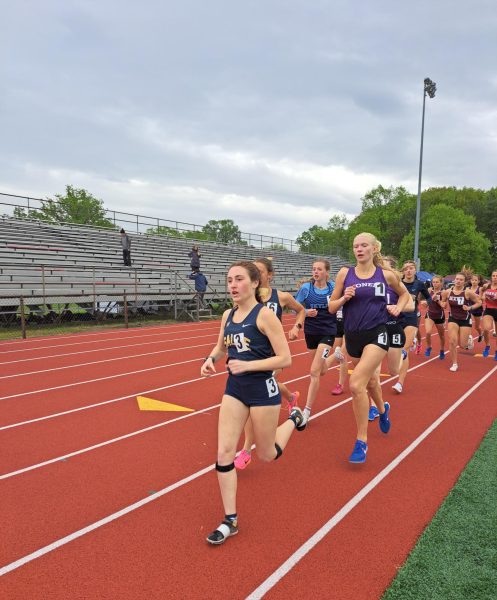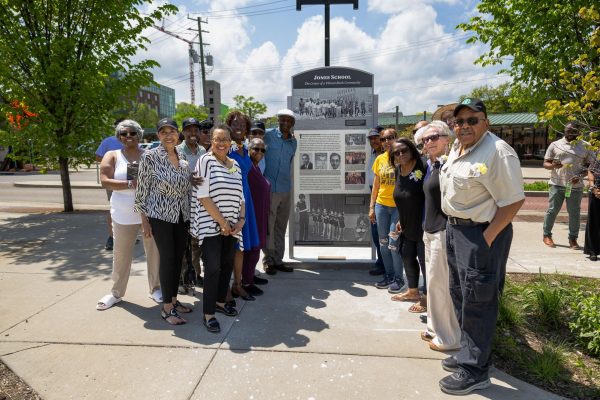CBT in Schools
Students participate in innovative Cognitive Behavorial Therapy programs through Community High School.
One out of five school-aged children are impacted by mental illness, but only 20 percent of those kids receive treatment.
Community High School has been offering skill groups to students struggling with mental health for the past three years. Brian Williams, a counselor at the school, worked with Dr. Kashman through the University of Michigan’s medical program TRAILS (Transforming Research into Action to Improve the Lives of Students) to bring skills groups to Community. TRAILS is a statewide program designed to bring effective mental health care to all students. Mental health professionals are trained to be TRAILS coaches, and are then paired with school professionals to co-facilitate skill groups.
The skill groups use Cognitive Behavioral Therapy (CBT), a type of talk therapy, and mindfulness strategies to help students who are experiencing anxiety or depression. They provide them with techniques and skills they can practice to improve their mental health. TRAILS has found that providing CBT through schools has decreased rates of depression and anxiety symptoms in students.
“We’re trying to look at all these kind of negative thinkings. and try to come up with better ways and more healthier ways to change your thoughts,” Williams said.
Williams and his fellow counselor, John Boshoven, currently run Community High’s skill groups.
At first, the groups ran for 12 weeks, but they were eventually trimmed down to only six. Boshoven and Williams each run one group per semester, projecting to a total of four for the 2017-2018 school year. They also have an intern, Lizzie Perterson who could potentially run a group second semester.
They reach out to parents, forum leaders, teachers, and other staff to find kids who could benefit from the skill groups.
“We’re experiencing it and you guys might see it, just an increased level of kids who are having anxiety or depression impacting their school, their education,” Williams said. Skill groups help students receive mental health care.
“These are tools that help everybody, so they help me as a person too,” Boshoven said.
He finds tools they talk about helpful to him personally. Williams believes they are practical, and become helpful through practice.
“Just taking time to recenter and reground yourself is something everybody can benefit from,” Williams said.
